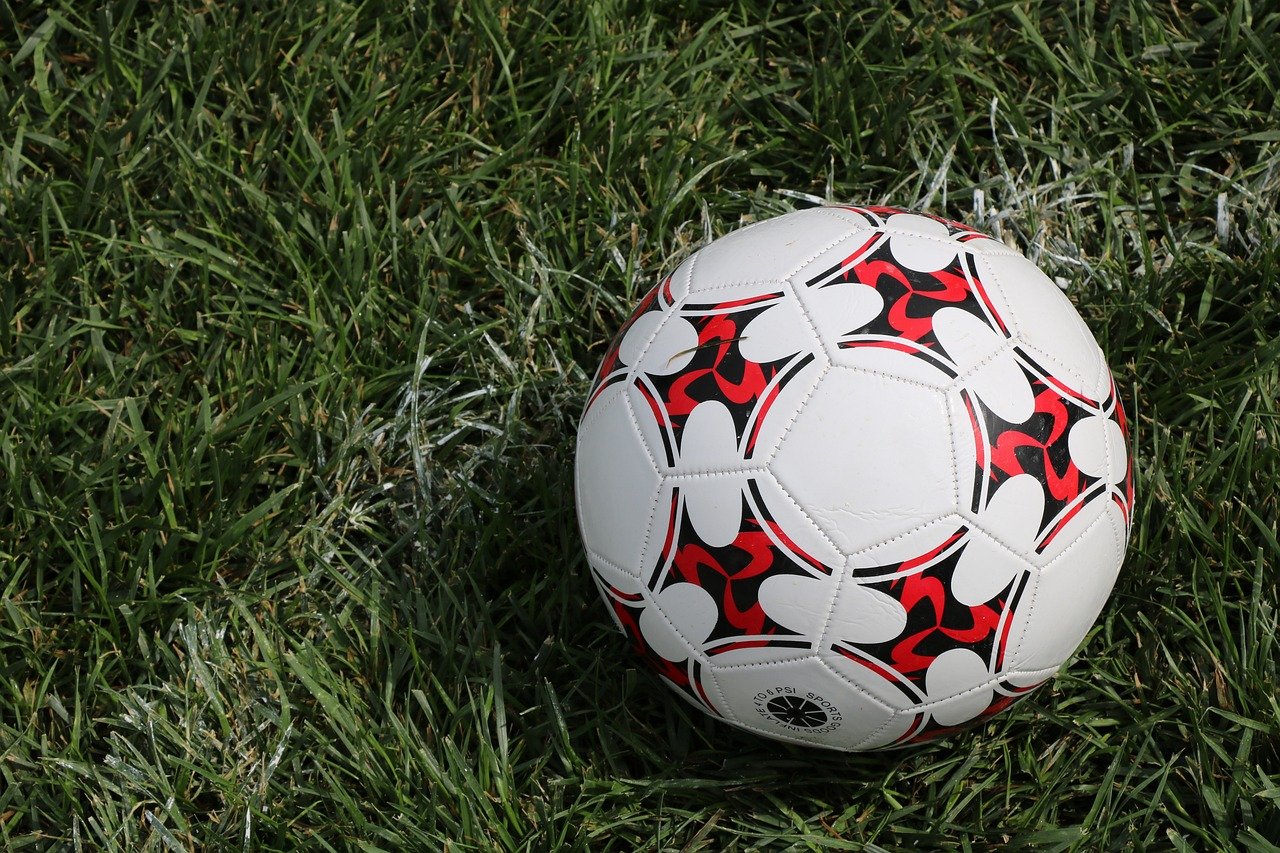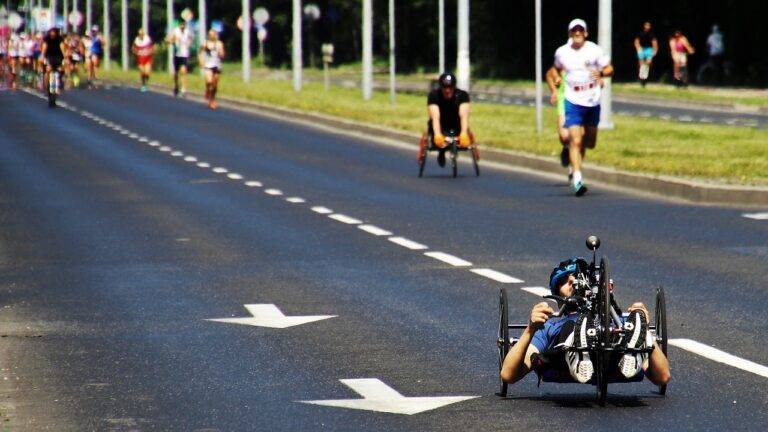Legal Considerations for IPL Player Disciplinary Appeals: Laser247, Gold365, 11xplay
Laser247, Gold365, 11xplay: In the IPL disciplinary process, the key player taking charge of the proceedings is the Chief Operating Officer (COO) of the league. The COO oversees the enforcement of the Code of Conduct by investigating alleged breaches and determining appropriate sanctions. Working closely with the COO is the legal counsel hired by the IPL, who provides guidance on legal matters and ensures that all disciplinary actions are carried out in accordance with the law.
Alongside the COO and legal counsel, the Disciplinary Committee plays a crucial role in maintaining the integrity of the IPL. Comprising representatives from the Board of Control for Cricket in India (BCCI) and independent members, the committee reviews cases of misconduct and decides on the appropriate penalties. Their impartiality and adherence to due process are essential in upholding the league’s standards and ensuring fair treatment for all players and officials involved.
Grounds for Disciplinary Action
In the fast-paced world of the Indian Premier League (IPL), maintaining the integrity of the game is of utmost importance. As such, there are several grounds for disciplinary action that can be taken against players, coaches, or team officials who breach the rules and regulations set forth by the IPL governing body. One common ground for disciplinary action is any form of misconduct or unethical behavior that brings the game into disrepute.
Furthermore, any actions that directly impact the outcome of a match or the overall fairness of the competition are also considered grounds for disciplinary action. This includes instances of match-fixing, spot-fixing, or any other form of corrupt activity that undermines the integrity of the game. The IPL takes a zero-tolerance approach to such behaviors and has strict measures in place to investigate and punish those found guilty.
Procedural Fairness in Disciplinary Proceedings
In any disciplinary proceedings, ensuring procedural fairness is of paramount importance. This involves giving the accused party a full and fair opportunity to present their side of the story, including providing relevant evidence and witnesses to support their case. Additionally, it is essential for the disciplinary process to be conducted in a transparent manner, with clear guidelines and expectations outlined from the outset.
Failure to uphold procedural fairness can not only damage the reputation of the disciplinary process but also lead to legal challenges and disputes. It is crucial for the disciplinary panel to act impartially and make decisions based on the evidence presented, rather than personal biases or external influences. By following established procedures and providing equal opportunities for all parties involved, the integrity of the disciplinary proceedings can be maintained, ultimately leading to just and fair outcomes.







